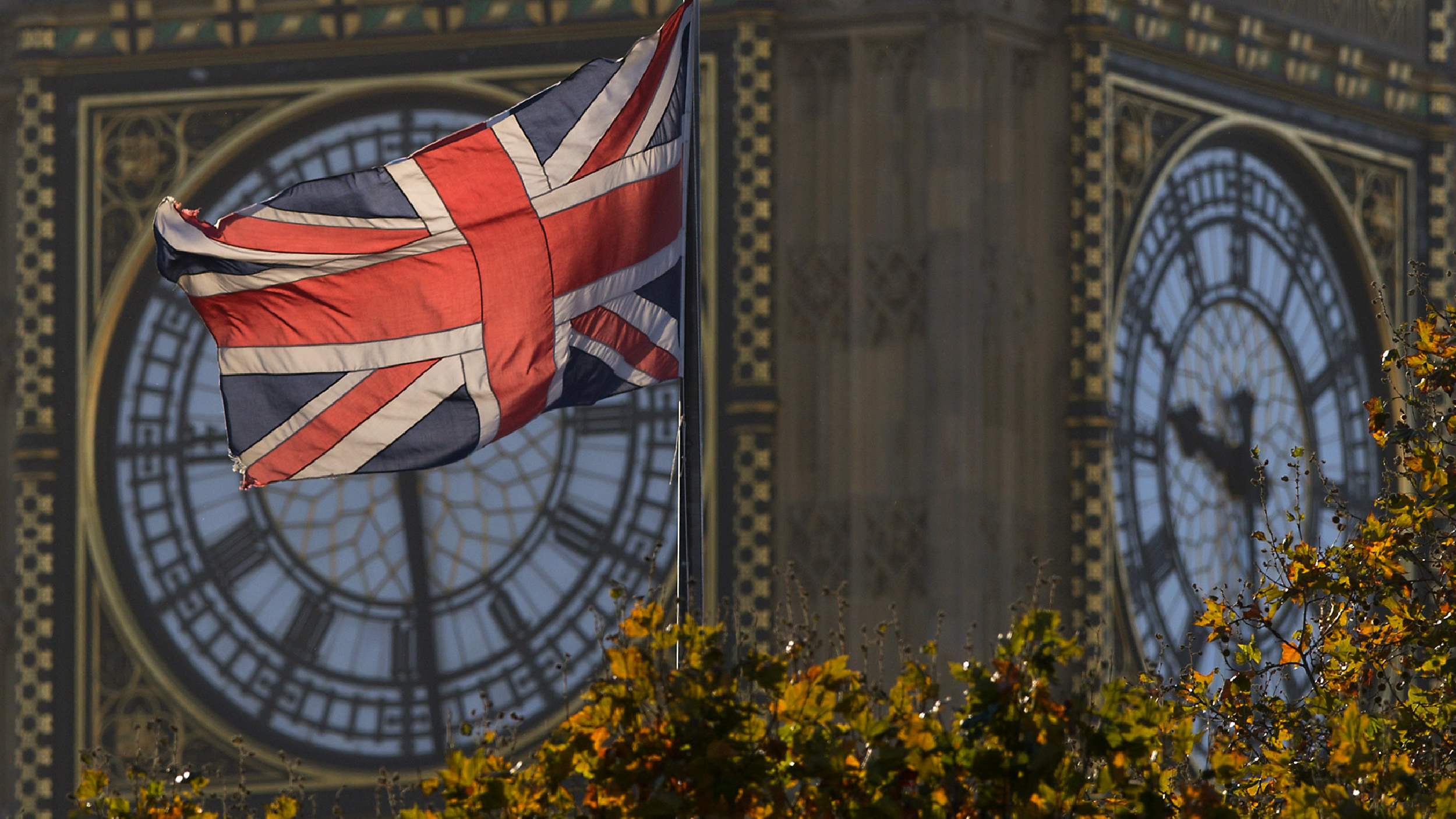Should political parties be fined if too few women are chosen?
Equalities Committee says government action may be necessary if current efforts fail to deliver

A free daily email with the biggest news stories of the day – and the best features from TheWeek.com
You are now subscribed
Your newsletter sign-up was successful
Political parties that field a low number of female general election candidates should face fines, according to a report from the Women and Equalities Committee.
Candidate lists should be at least 45 per cent female in an attempt to redress a persistent gender imbalance in the House of Commons, it says.
Despite the recent accession of Theresa May, the country's second female prime minister, the UK languishes in international rankings for gender parity in politics. Women account for just under 30 per cent of the 650 MPs in Westminster.
The Week
Escape your echo chamber. Get the facts behind the news, plus analysis from multiple perspectives.

Sign up for The Week's Free Newsletters
From our morning news briefing to a weekly Good News Newsletter, get the best of The Week delivered directly to your inbox.
From our morning news briefing to a weekly Good News Newsletter, get the best of The Week delivered directly to your inbox.
In light of this, the government "should be prepared to legislate to achieve parity among candidates, including setting out financial penalties for under-performance, if voluntary measures do not bear fruit", finds the report.
The Committee, chaired by Conservative MP Maria Miller, suggests a target of 45 per cent female representation by 2030 for general election candidates.
Campaigners for equal representation have welcomed the report, which also reiterates the importance of outreach initiatives aimed at bringing women into politics.
But the proposal has proven controversial with some politicians, both male and female.
A free daily email with the biggest news stories of the day – and the best features from TheWeek.com
"The whole idea is a complete nonsense," former Conservative minister Ann Widdecombe told the Daily Mail. "The only way you could hit a quota of that sort is to have all-women shortlists, which mean a man cannot be selected even if he is the best candidate."
Conservative party chairman Patrick McLoughlin told the Committee that imposing all-women shortlists on Conservative associations would "risk resentment", which "would not help that Member of Parliament or that candidate once they were selected".
After Labour first introduced all-female shortlists in the 1997 general election, the number of female Labour MPs skyrocketed from 37 to 101.
Excluding the Green party's sole MP, Caroline Lucas, Labour still has the highest party percentage of female MPs, with 99 women accounting for 43 per cent of the party's 232 MPs. In comparison, only 68 of the Conservatives' 330 MPs are women, just 21 per cent.
Nonetheless, the report says, there is still work to be done in every party before gender equality is achieved.
"All of the main parties fielded significantly less than 50 per cent women parliamentary candidates for the 2015 General Election," the Committee notes, "despite confidence in their own internal mechanisms" to tackle the imbalance.
-
 The environmental cost of GLP-1s
The environmental cost of GLP-1sThe explainer Producing the drugs is a dirty process
-
 Greenland’s capital becomes ground zero for the country’s diplomatic straits
Greenland’s capital becomes ground zero for the country’s diplomatic straitsIN THE SPOTLIGHT A flurry of new consular activity in Nuuk shows how important Greenland has become to Europeans’ anxiety about American imperialism
-
 ‘This is something that happens all too often’
‘This is something that happens all too often’Instant Opinion Opinion, comment and editorials of the day
-
 How corrupt is the UK?
How corrupt is the UK?The Explainer Decline in standards ‘risks becoming a defining feature of our political culture’ as Britain falls to lowest ever score on global index
-
 The high street: Britain’s next political battleground?
The high street: Britain’s next political battleground?In the Spotlight Mass closure of shops and influx of organised crime are fuelling voter anger, and offer an opening for Reform UK
-
 Is a Reform-Tory pact becoming more likely?
Is a Reform-Tory pact becoming more likely?Today’s Big Question Nigel Farage’s party is ahead in the polls but still falls well short of a Commons majority, while Conservatives are still losing MPs to Reform
-
 Taking the low road: why the SNP is still standing strong
Taking the low road: why the SNP is still standing strongTalking Point Party is on track for a fifth consecutive victory in May’s Holyrood election, despite controversies and plummeting support
-
 What difference will the 'historic' UK-Germany treaty make?
What difference will the 'historic' UK-Germany treaty make?Today's Big Question Europe's two biggest economies sign first treaty since WWII, underscoring 'triangle alliance' with France amid growing Russian threat and US distance
-
 Is the G7 still relevant?
Is the G7 still relevant?Talking Point Donald Trump's early departure cast a shadow over this week's meeting of the world's major democracies
-
 Angela Rayner: Labour's next leader?
Angela Rayner: Labour's next leader?Today's Big Question A leaked memo has sparked speculation that the deputy PM is positioning herself as the left-of-centre alternative to Keir Starmer
-
 Is Starmer's plan to send migrants overseas Rwanda 2.0?
Is Starmer's plan to send migrants overseas Rwanda 2.0?Today's Big Question Failed asylum seekers could be removed to Balkan nations under new government plans